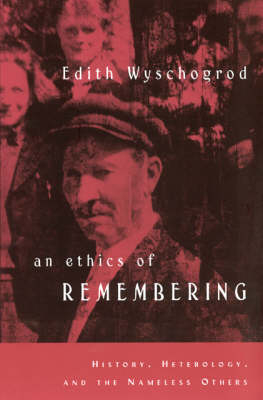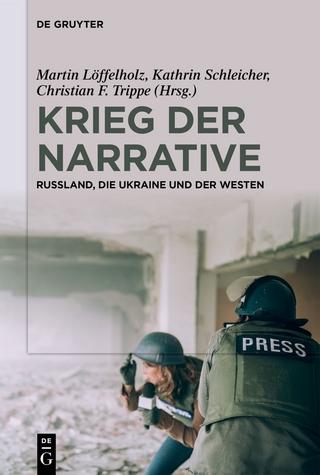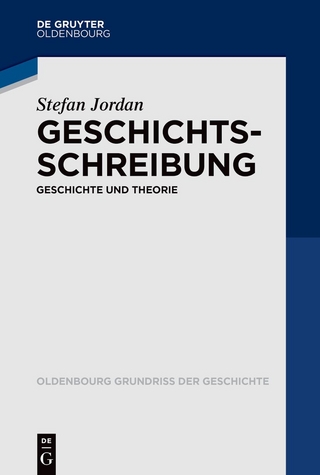
An Ethics of Remembering
History, Heterology, and the Nameless Others
Seiten
1998
University of Chicago Press (Verlag)
978-0-226-92045-0 (ISBN)
University of Chicago Press (Verlag)
978-0-226-92045-0 (ISBN)
Through the figure of the "heterological historian", this text creates a framework for the understanding of history and the ethical duties of the historian. It also weighs the impact of modern archival methods, such as film and the Internet, which add new constraints to the writing of history.
What are the ethical responsibilities of the historian in an age of mass murder and hyper-reality? Can one be postmodern and still write history? For whom should history be written? The author explores these questions through the figure of the "heterological historian". Realizing the philosophical impossibilities of ever recovering "what really happened", this historian nevertheless acknowledges a moral imperative to speak for those who have been rendered voiceless. The book also weighs the impact of modern archival methods, such as photographs, film and the Internet, which bring with them new constraints on the writing of history and which mandate a different vision of community. Drawing on the works of continental philosophers, historiographers, cognitive scientists and filmmakers, the book creates a framework for the understanding of history and the ethical duties of the historian.
What are the ethical responsibilities of the historian in an age of mass murder and hyper-reality? Can one be postmodern and still write history? For whom should history be written? The author explores these questions through the figure of the "heterological historian". Realizing the philosophical impossibilities of ever recovering "what really happened", this historian nevertheless acknowledges a moral imperative to speak for those who have been rendered voiceless. The book also weighs the impact of modern archival methods, such as photographs, film and the Internet, which bring with them new constraints on the writing of history and which mandate a different vision of community. Drawing on the works of continental philosophers, historiographers, cognitive scientists and filmmakers, the book creates a framework for the understanding of history and the ethical duties of the historian.
Edith Wyschogrod is professor of philosophy at Queens College of the City University of New York. Her most recent book is Spirit in Ashes: Hegel, Heidegger, and Man-Made Mass Death.
| Erscheint lt. Verlag | 28.5.1998 |
|---|---|
| Reihe/Serie | Religion and Postmodernism Series |
| Sprache | englisch |
| Maße | 15 x 23 mm |
| Gewicht | 482 g |
| Themenwelt | Geisteswissenschaften ► Geschichte ► Geschichtstheorie / Historik |
| Geisteswissenschaften ► Philosophie ► Ethik | |
| Sozialwissenschaften | |
| ISBN-10 | 0-226-92045-3 / 0226920453 |
| ISBN-13 | 978-0-226-92045-0 / 9780226920450 |
| Zustand | Neuware |
| Informationen gemäß Produktsicherheitsverordnung (GPSR) | |
| Haben Sie eine Frage zum Produkt? |
Mehr entdecken
aus dem Bereich
aus dem Bereich
Russland, die Ukraine und der Westen
Buch | Softcover (2024)
De Gruyter (Verlag)
CHF 55,90
Geschichte und Theorie
Buch | Softcover (2024)
De Gruyter Oldenbourg (Verlag)
CHF 34,90
wie Irritationen historisches Denken anregen
Buch | Softcover (2024)
Kohlhammer (Verlag)
CHF 96,55


